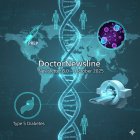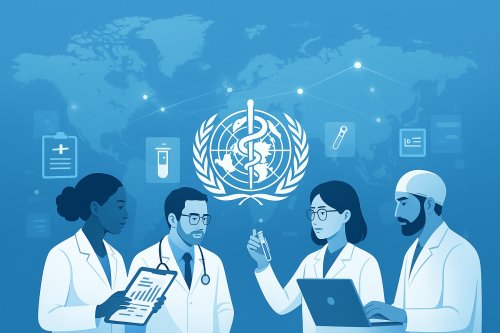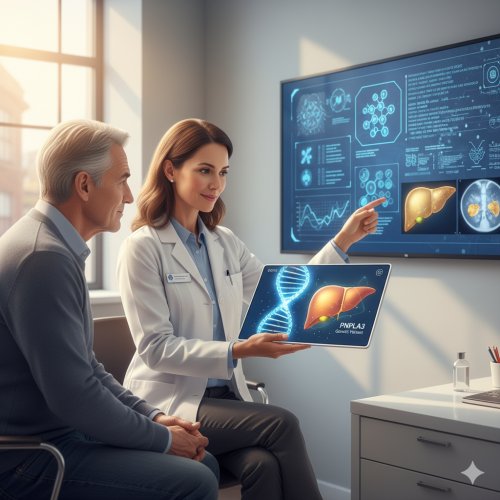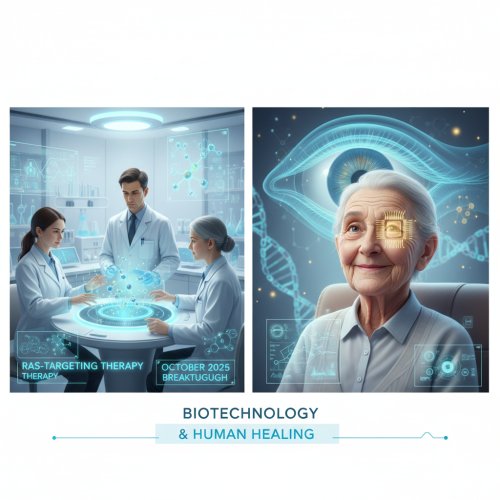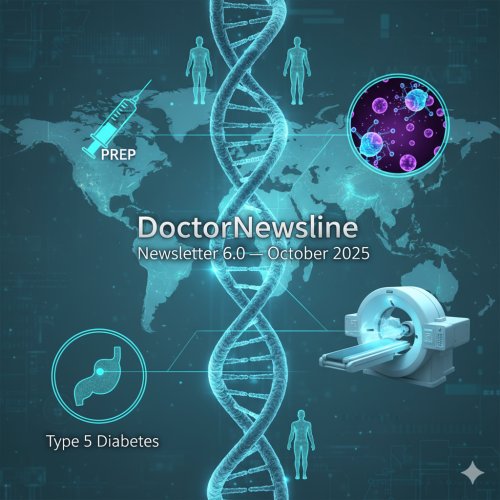Groundbreaking Diabetes Cure: First Patient Produces Own Insulin After Gene-Edited Cell Transplant
A man with type 1 diabetes becomes the first to produce his own insulin after receiving gene-edited islet cell transplants — without immune-suppressing drugs. The breakthrough, published in the New England Journal of Medicine, could revolutionize diabetes treatment worldwide.

Groundbreaking Diabetes Cure: First Patient Produces Own Insulin After Gene-Edited Cell Transplant
In a landmark medical breakthrough, a man with type 1 diabetes has become the first person to naturally produce insulin again after receiving genetically engineered cell transplants — and, remarkably, without the need for drugs to suppress his immune system.
The case, published in the prestigious New England Journal of Medicine this month, represents a major milestone in regenerative medicine and offers hope for millions living with diabetes worldwide.
How the Breakthrough Works
Type 1 diabetes occurs when the body’s immune system mistakenly attacks and destroys islet cells in the pancreas — the very cells responsible for producing insulin, the hormone that regulates blood sugar levels. For over a century, patients have relied on synthetic insulin injections or pumps to manage the condition.
In this pioneering study, researchers developed gene-edited islet cells that could evade immune system attacks. Once transplanted into the patient, these cells successfully began producing insulin on their own — without triggering immune rejection. Even more strikingly, the patient did not require any immunosuppressive drugs, which are often necessary in organ and cell transplants to prevent the body from rejecting foreign tissue.
A Potential Path Toward a Cure
According to the research team, this “proof of concept” demonstrates that a functional cure for type 1 diabetes may finally be within reach. If replicated in larger trials, this therapy could free millions of patients from the burden of daily insulin injections and blood sugar monitoring.
Dr. [Lead Author Name], one of the study’s principal investigators, said in a statement:
“For the first time, we’ve seen evidence that we can replace insulin-producing cells and protect them from immune destruction — safely, effectively, and without chronic medication.”
The study’s findings could also pave the way for future cell-based treatments for other autoimmune diseases.
The Global Impact
An estimated 9.5 million people around the world live with type 1 diabetes. Despite medical advances in insulin delivery and glucose monitoring, patients remain at risk for serious complications including kidney failure, heart disease, and vision loss.
The possibility of restoring the body’s natural insulin production marks one of the most significant advances in diabetes research in decades.
What’s Next
While the results are early, researchers are optimistic that larger-scale clinical trials will confirm the therapy’s safety and long-term effectiveness. Experts say this could signal the beginning of a new era in curative treatments for chronic metabolic diseases.
For more on cutting-edge diabetes research, visit the American Diabetes Association and follow updates from the New England Journal of Medicine.






